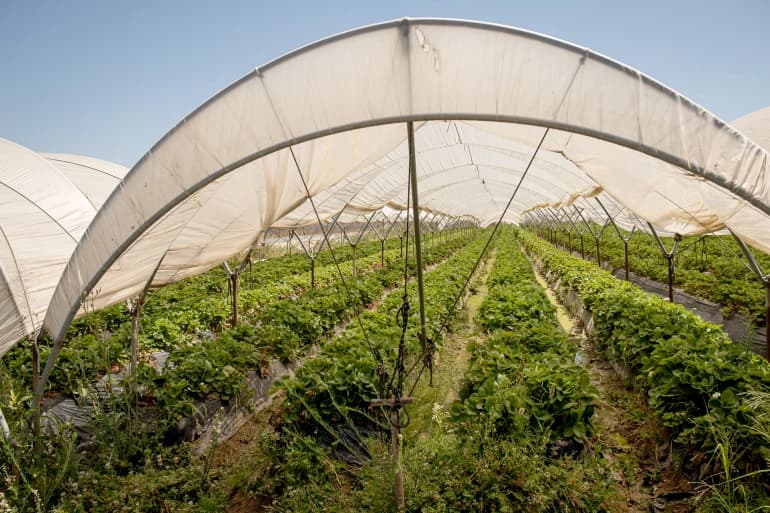Overexploited aquifer, coupled with too many dry years, sends Doñana National Park’s biodiversity into freefall.
By Kira Walker
Huelva, Spain – On a sweltering July morning, Carlos Dávila surveys the parched earth stretching out in front of him. Summers are typically dry in Doñana National Park, but this year was exceptional.
“Look at the last time it rained here properly,” he says, shaking his head. “When was it?”
Following a dry autumn, a dry winter and a spring with little rain, a summer of record heatwaves and drought engulfed Spain.
By August’s end, Doñana’s last permanent pond – which once sheltered thousands of migratory birds and harboured unique plants, fish, amphibians and insects – disappeared.
Doñana, one of Europe’s most important wetlands, is a critical wintering spot and stopover point for birds migrating between Africa and Europe.
Its mosaic of ecosystems – marshes, ponds, forests and dunes – also provides refuge for an array of aquatic, mammal and plant species, several of which are rare and threatened.
“We’re reaching, we believe, a point of no return,” says Dávila, coordinator of the Doñana technical office of environmental organisation SEO/Birdlife.
The rise of red gold
Before berries, farmers in Huelva grew olives, grapes and wheat, rain-fed crops well-adapted to the dryland environment.
In the 1980s, strawberry cultivation took off, with farmers cashing in on the higher profits earned from exporting what became known as “red gold” to Europe.
Support from EU Common Agricultural Policy (CAP) subsidies provided another incentive to grow berries.
“Irrigated crops receive more CAP subsidies than dryland crops that aren’t irrigated,” explained Celsa Peiteado, coordinator for WWF Spain’s food programme...
To irrigate the 11,000 hectares (27,181 acres) of berry polytunnels blanketing Huelva’s undulating hills, producers withdraw groundwater from the same aquifer feeding Doñana National Park...
Environment vs economy
Pitted against one of Huelva’s economic engines, the conservation of Doñana has always come in behind, lamented Díaz Paniagua.
Interesting Quote - “I can’t imagine Huelva without the berry industry,” said David, a 30-year-old from the village of Almonte. “It would be a dark future.”
While he "can't imagine" Huelva without the berry industry, wonder if he would be able to imagine it without water or wildlife. That would be the dark future in my book.
Spains wetlands are drying up heat and intense farming threaten the Donana
This is the better way to go -
GREEN, SUSTAINABLE ECONOMICS A PHASE OF DIVINE LAW
Related
